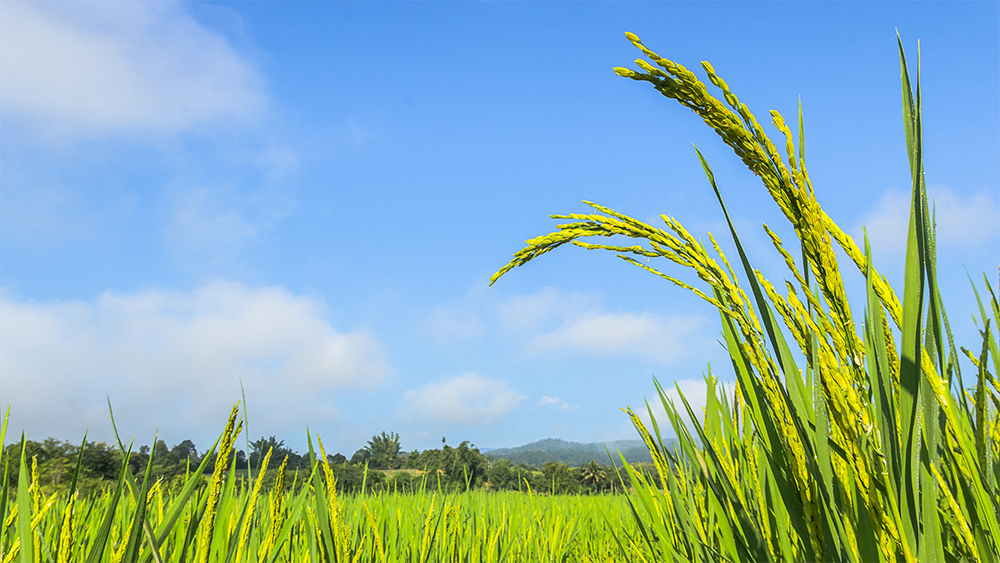Mapping Policies and Stakeholders on Climate Adaptation for Crop-Based Systems in the Global South

Climate change posed a serious challenge to the agriculture systems not only given its implications for food security and livelihoods but also given the current agrarian distress characterized by declining growth rates in yield, depleting soil fertility, and receding groundwater resources, rising cultivation costs, and inflation.
The objective of this study was to advance solutions-based approaches to climate adaptation and sustainable development in crop-based food systems in the Global South. A comprehensive exercise was undertaken to map policies, practices, and stakeholders with a focus on crop-based adaptation systems considering the four identified adaptation categories for agriculture to advance a solutions-based approach to address climate challenges in the agriculture sector in the Global South with a focus on Asia and Africa.
A framework was developed to map policies and stakeholders on climate adaptation for crop-based food systems. The framework builds on the four categories of climate adaptation based on IPCC (2022). The framework was validated in a stakeholder workshop held during the World Sustainable Development Summit on 23rd February 2023. The four categories of adaptation used in the analysis include- Infrastructure and Technology; Inputs and Sustainable Intensification; Nature-based Adaptation; and Social, Economic, and Institutional.
The study included ten Asian countries that were Afghanistan, Bangladesh, Bhutan, India, Maldives, Myanmar, Nepal, Pakistan, Sri Lanka, and Thailand; and five African countries which included Burkina Faso, Ethiopia, Kenya, Nigeria, and South Africa. For this study, adaptation policies in the countries were divided into four categories: (i) infrastructure and technology; (ii) inputs and sustainable intensification; (iii) nature-based solutions; and (iv) social, economic, and institutional.

